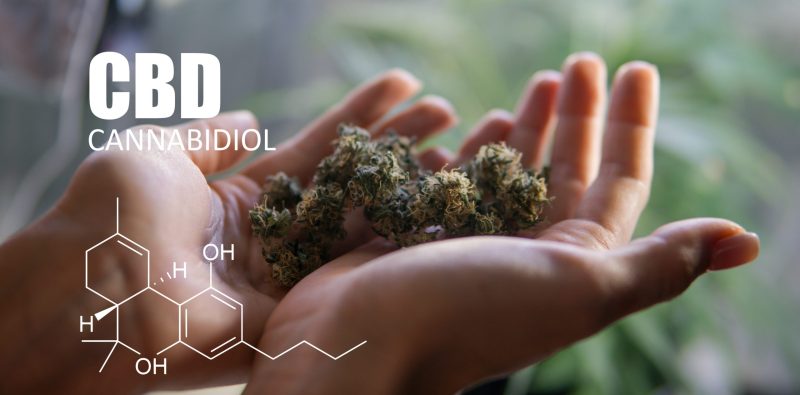In the ever-evolving landscape of cannabis derivatives, delta-8 distillate has emerged as a notable contender. Positioned between the well-known delta-9 THC and CBD, delta-8 THC offers a unique profile with promising therapeutic potential and a more subtle psychoactive effect. As legal regulations surrounding cannabis continue to shift, delta-8 has captured the attention of both consumers and researchers alike.
Where it Comes From
Derived from hemp through a process of distillation and isolation, delta-8 THC shares a similar molecular structure with delta-9 THC, albeit with a slight variation in the placement of a double bond. This seemingly minor alteration leads to notable differences in effects. While delta-9 THC is renowned for its potent psychoactive properties, delta-8 is often described as offering a milder and clearer high, making it appealing to those seeking relaxation without overwhelming intoxication.
Therapeutic Benefits
Furthermore, delta-8 is gaining traction for its potential therapeutic benefits. Early research suggests that it may possess anti-nausea, anti-anxiety, and pain-relieving properties, offering a promising alternative for individuals seeking relief from various ailments. Additionally, its purported ability to stimulate appetite could hold significant implications for individuals undergoing treatments that suppress hunger.
As interest in cannabis-derived products continues to soar, high quality delta-8 distillate stands out as a promising addition to the market. With its unique effects and potential therapeutic applications, choosing to buy delta-8 distillate has the potential to carve out a significant niche within the ever-expanding landscape of cannabinoids. However, further research and clear regulatory guidelines are essential to unlock its full potential and ensure safe access for consumers.

